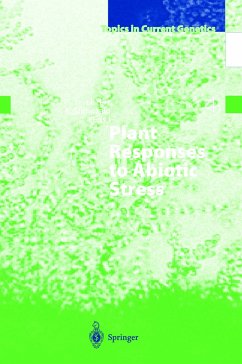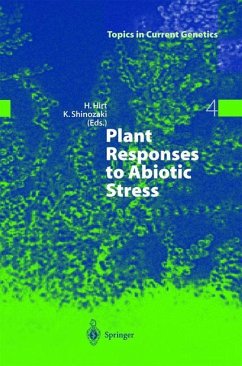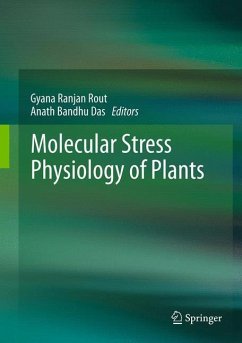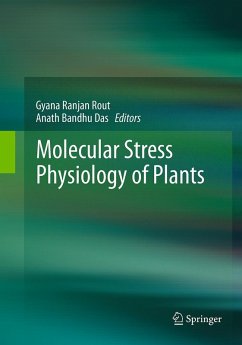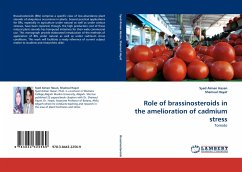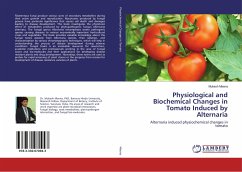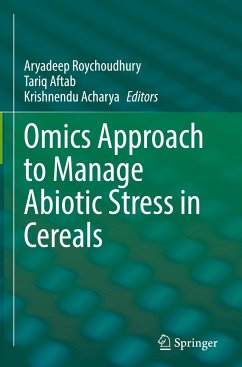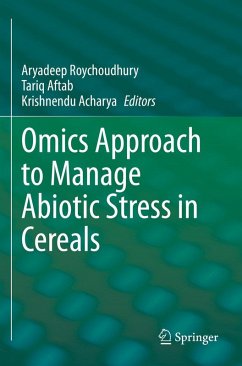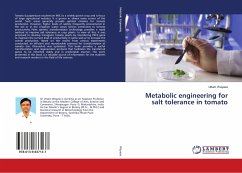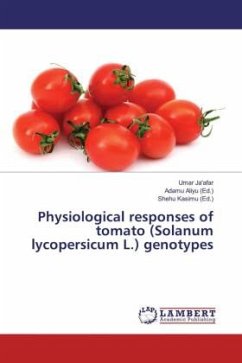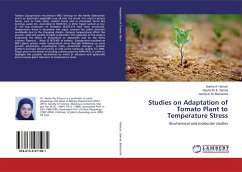
Studies on Adaptation of Tomato Plant to Temperature Stress
Biochemical and molecular studies
Versandkostenfrei!
Versandfertig in 6-10 Tagen
47,99 €
inkl. MwSt.

PAYBACK Punkte
24 °P sammeln!
Tomato (Lycopersicon esculentum Mill.) belongs to the family Solanaceae and is an important vegetable crop all over the world. It is used in various forms, such as fresh salad, cooked foods and in processed forms like ketchup, paste etc. According to FAOSTAT, in 2012, Egypt ranked as one of the top producers of tomatoes (8,625,219 tons were produced). Temperature stress is becoming the major concern for plant scientists worldwide due to the changing climate. Extreme temperatures affect the growth, yield and quality of plant production. The objective of this study is evaluating the effect of be...
Tomato (Lycopersicon esculentum Mill.) belongs to the family Solanaceae and is an important vegetable crop all over the world. It is used in various forms, such as fresh salad, cooked foods and in processed forms like ketchup, paste etc. According to FAOSTAT, in 2012, Egypt ranked as one of the top producers of tomatoes (8,625,219 tons were produced). Temperature stress is becoming the major concern for plant scientists worldwide due to the changing climate. Extreme temperatures affect the growth, yield and quality of plant production. The objective of this study is evaluating the effect of beta-sitosterol or gibberellic acid on the three cultivars (Fayrouz , Aziza & N23-48) of tomato (Lycopersicon esculentum Mill.) plants grown under temperature stress through following up some growth parameters, physiological traits, anatomical changes , protein patterns and leaf ultra-structure as well as the molecular studies for DNA- finger print in the leaves of studing cultivars plant by PAPD-PCR, in order to highlight the possible mechanisms by which beta- sitosterol and gibberellic acid increases plant tolerance to temperature stress.



